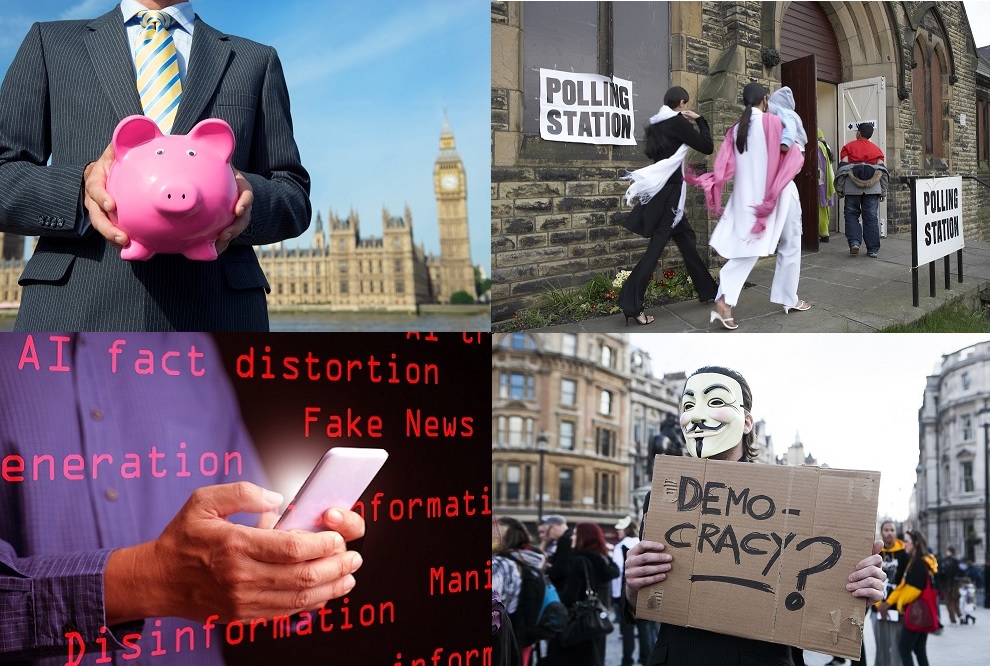Following a year-long review, we launched our new strategy in autumn 2025.
The strategy is both a positive agenda to revitalise and strengthen democratic resilience and a protective one in the event of a future populist, illiberal, or authoritarian government.
JRRT’s new strategy has been shaped by the need to respond to the following challenges:
- Long-term loss of trust across most mature democracies, including the UK.
- Disengagement by millions who feel unheard, their needs unmet, the system rigged.
- Undue influence by monied interests.
- Disinformation manipulating and dividing public opinion.
- The erosion of the rights and protections that support democratic resilience.
- The interaction of systemic racial injustice with the democratic and political system.
- The need for political actors, parliamentarians and parties to stand up for democracy.
Download our 2025-29 strategy here.
The strategy is based around two broad and interconnected frames:
1. Political inequality
Political inequality leads to systematic differences in citizens’ ability to influence the political process.
At one end of the spectrum, millions of citizens do not register or vote. They are predominantly young, from racialised and minoritised ethnicities, born overseas, rent their homes or live on low incomes.
At the other end, money in politics drives disproportionate influence for wealthy individuals and corporates and a sense that the system is rigged.
Political inequality undermines the central democratic ideal of one person one vote, enabling all citizens to have equal opportunity to influence collective political decision making.
2. Democratic resilience
The democratic and political system is struggling to meet the needs of a discontented public, creating the conditions in which populist offers of simple solutions to complex problems can flourish.
There is an urgent need to counter effectively the pernicious role of dark money in politics; the rise of bad actors, the corrosive effect of mis- and disinformation, amplified by social media, exploiting tensions, fueling support for populist messages and driving intolerance.
Against this backdrop, the systems and institutional processes of democracy are being tested like never before. Checks and balances and institutional independence have been eroded or shown to be ineffective in recent years, while political rights – freedom of speech and protest rights – have been weakened.
Revitalising and strengthening democratic resilience are essential to protect the disenfranchised and bolster safeguards against undemocratic tendencies and concentration of power.
Read more in a blog by our Chief Executive, Fiona Weir
Downloads:

Image credits:
Top L-R PeskyMonkey/Shutterstock.com, Daniel Heighton/Shutterstock.com
Bottom L-R: Ole.CNX / Shutterstock.com, Elena Rostunova / Shutterstock.com
